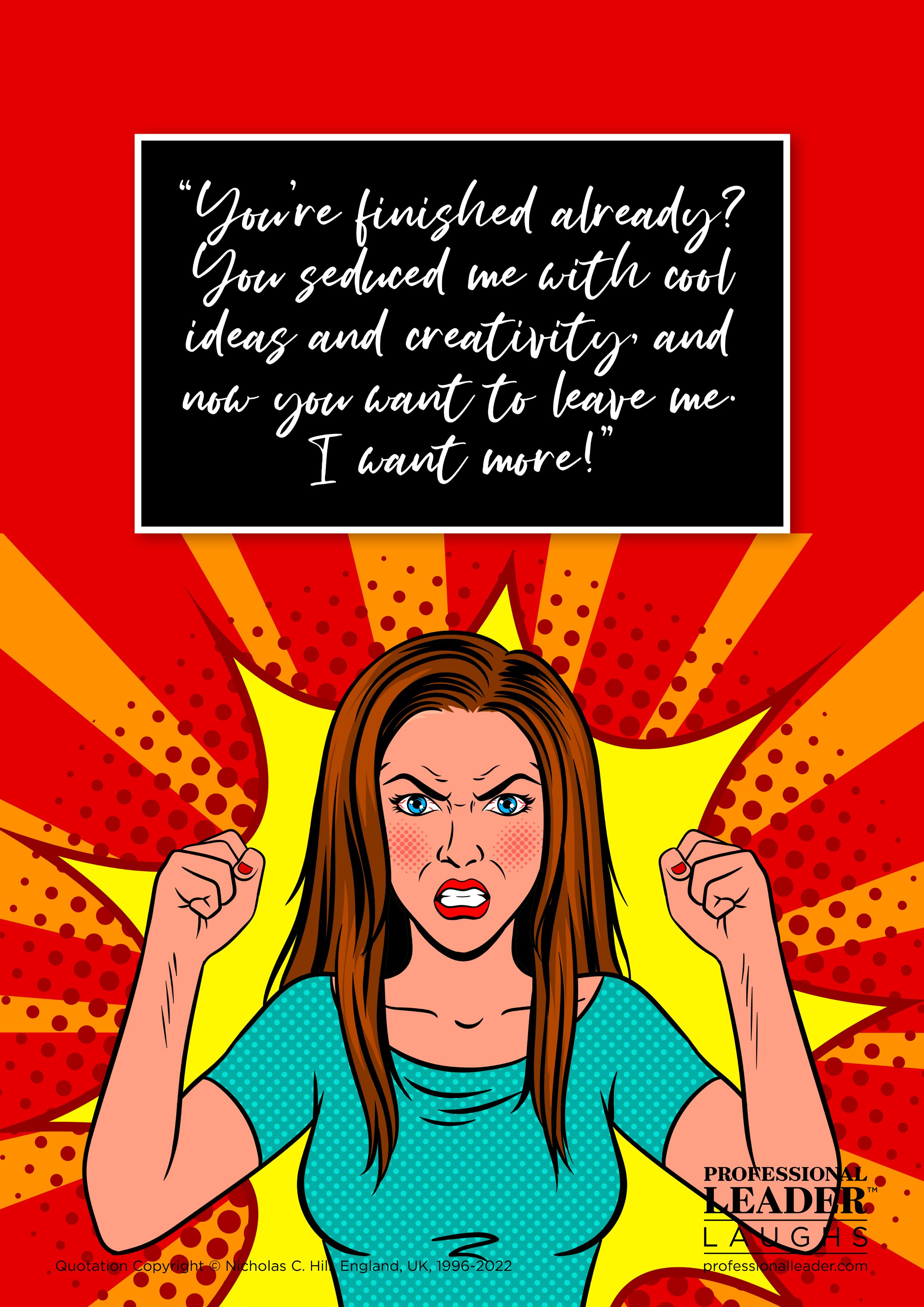



PROFESSIONAL (adjective) relating to work that needs special training or education LEADER (noun) a person in control of a group, country, or situation © Cambridge University Press 2022





PROFESSIONAL (adjective) relating to work that needs special training or education LEADER (noun) a person in control of a group, country, or situation © Cambridge University Press 2022
FROM

PUBLISHER
Professional Leader Magazine Hill Training Ltd 5th Floor 167-169 Great Portland St. London W1W 5PF England, United Kingdom




FOUNDER, AUTHOR, EDITOR Nicholas C. Hill FCMI FInstLM FIC
+44 (0)20 7993 9955 info@hilltraining.com info@professionalleader.co.uk nicholashill.com professionalleader.com youtube.com/nhill linkedin.com/in/nicholashill twitter.com/nicholashill
ABOUT PROFESSIONAL LEADER™ MAGAZINE Nicholas C. Hill’s Professional Leader™ magazine is the new biannual digital publication that delivers essential lessons in leadership from the late masters of business, government, and nonprofit. Each issue is for leaders and managers, who want to influence output, growth, change, and culture.
ABOUT HILL TRAINING LTD Hill Training facilitates your rapid transformation into a highly productive manager and influential leader, through ILM accredited masterclasses and 1-2-1 programmes. We help you achieve optimal performance, build human relations, and reach the top of your profession.
Magazine articles, Nicholas Hill Principles quotes, and Nicholas Hill Laughs quotes copyright © Nicholas C. Hill, UK, 19962022. Magazine layout and design, front cover image and Thought Leader Tribute image copyright © Hill Training Ltd, 2020-2023. All rights reserved. Reproduction or resale in whole or in part by any means without written permission of the publisher is strictly forbidden. Additional photographs and illustrations used under license with copyright © Dreamstime, Shutterstock, and Fotolia.
DISCLAIMER Hill Training Ltd and its employees or associates are not liable for any third party advertised product or content. We have taken reasonable care to ensure that all information contained within this publication is accurate at the time of production. The reader accepts full responsibility for the practise of any advice contained within this publication and fully indemnifies the publisher against any direct loss or consequential loss resulting from adherence to any said advice.












FCMI • FInstLM • FIC NICHOLAS C. HILL
I am the author, designer, and trainer of 22 ILM accredited courses at levels 3-7 in leadership and management and six courses in sales and customer service. As a senior learning and development director, I specialise in end-to-end design and delivery of results-driven instructor-led programmes. Training is classroom-based, via live video conferencing, or blended learning. For 26 years, I have delivered training for hundreds of SMEs and corporations, in 307 business sectors, improving productivity by 104%, net profit by 26%, efficiency by 19%, and achieving a 4.8-star rating from 1,837 online reviews.
• Senior Leadership and Management Training
• Executive Coaching and Mentoring
• Training Course Research and Development
• Training Course Workbook Authoring
• C-Suite Presentation Skills
• Skills Diagnostic Assessments
• Business Operations and Administration
DATES: 2004 - Present Day
• Senior Sales and Customer Service Training
• Learning and Development Strategy
• Training Course Design and Tailoring
• E-Learning and Blended Content Development
• Boardroom Stakeholder Facilitation
• Team Leadership and Recruitment
• Sales, Marketing, Account Management
COMPANY: Hill Training Ltd (Incorporated 2008)
POSITION: Managing Director SERVICES: Leadership, Management, and Sales Training
I design and deliver leadership, management, and sales courses for cohorts averaging 12 delegates. Most classes are 14 CPD hours spread over two days. I generated and managed hundreds of satisfied clients which include ABN AMRO, Anglian Water, BUPA, Chubb Insurance, Domino Printing, Estée Lauder, EY (Ernst & Young LLP), Hasbro, Herbert Smith Freehills LLP, Legal and General Plc, Masco UK Window Group, Neal and Massy, NHS, P&O Ferrymasters, Oxford University Press, Premium Credit Ltd, Reed Recruitment Plc, Suez, University of Glasgow, University of the West of England, Voyage Care, and many more.
• Conduct, review, and compile diagnostic skills assessments for all course participants
• Research and develop tailored training courses to meet client requirements and align with KPIs
• Author and design 100-page full-colour course participant workbooks for each two-day course
• Deliver face-to-face training courses in the classroom, via live video conferencing, e-learning, and blended learning
• Deliver 1-2-1 programmes and executive coaching sessions for senior management and C-level delegates
• Author and publish in-house leadership and management electronic magazine to supplement training courses
• Record and publish leadership and management webinars to supplement training courses
• Account management, sales, marketing, procurement, bookkeeping, invoicing, training records, and recruitment
• I trained 32 managers and sales professionals for Playson Ltd over two and a half years, achieving 1654 cumulative CPD hours. Feedback continues to be ‘excellent’ and ‘outstanding’ in all nine categories, resulting in increased team performance, productivity, and efficiency across all five departments.
• I improved net profit by 26% for Medivet (Stocton). I improved sales by 37% and productivity by 104% for Vimer UK Ltd.
• I improved performance by 44%, productivity by 29%, and efficiency by 19% for Magenta Living Housing Association.
• I have Interviewed many celebrity leaders, including One Minute Manager Ken Blanchard; Motivational Speaker Nick Vujicic; Environmental Attorney Erin Brockovich; Rich Dad Robert Kiyosaki; and Millionaire Maker Richard Denny.
• I achieved a 4.8-star rating from 1,837 reviews on FindCourses.co.uk over ten years. Contact Nicholas for all your learning and development requirements on sales@hilltraining.com














FCMI • FInstLM • FIC NICHOLAS C. HILL



Before Rosalynn Carter, Hillary Clinton, and Michelle Obama there was Eleanor Roosevelt. The proclaimer of the human rights movement, she worked as a United Nations activist for human rights, which led her to become one of the world’s most widely admired and influential women. As wife to President Franklin D. Roosevelt, Eleanor was the first lady from 1933 until 1945. Despite childhood tragedy, she started an unprecedented movement in her adult life. In this cover story, you learn Eleanor Roosevelt’s lessons in leadership.
In his lifetime, Stephen R. Covey propounded some of the most potent principles for personal effectiveness. He communicated what was necessary to develop a successful mindset. Covey tried to break the shackles of political, religious, and social differences and encouraged us to embrace these differences and view the world differently. In this issue’s Thought Leader Tribute to Stephen Covey, The Man Who Inspired Effectiveness, you learn how to apply the seven habits of Highly Effective People.
Today’s business landscape reveals ever-changing trends. No one can expect the global marketplace to be the same from one moment to the next. Withstanding constant change requires evolution. Keys to organisational success in our chaotic business world include adapting, mitigating losses, and staying competitive. In Three Steps to Change Management, you learn how to apply Kurt Lewin’s classic model for managing change.
When the pressure is on and the stakes are high, your emotions can get the better of you, which can hamper your performance and productivity. Unwanted emotions left unmanaged can lead to stress or a nervous breakdown. To help you understand your emotions, Psychologist Daniel Goleman introduced the concept of Emotional Intelligence in a 1995 edition of Time Magazine. In Improving Your Emotional Intelligence, I outline four fundamental facets of EQ.
Therefore, I am pleased to present to you Issue three of Professional Leader™ to take you through the Spring and into the Summer!
Enjoy reading!

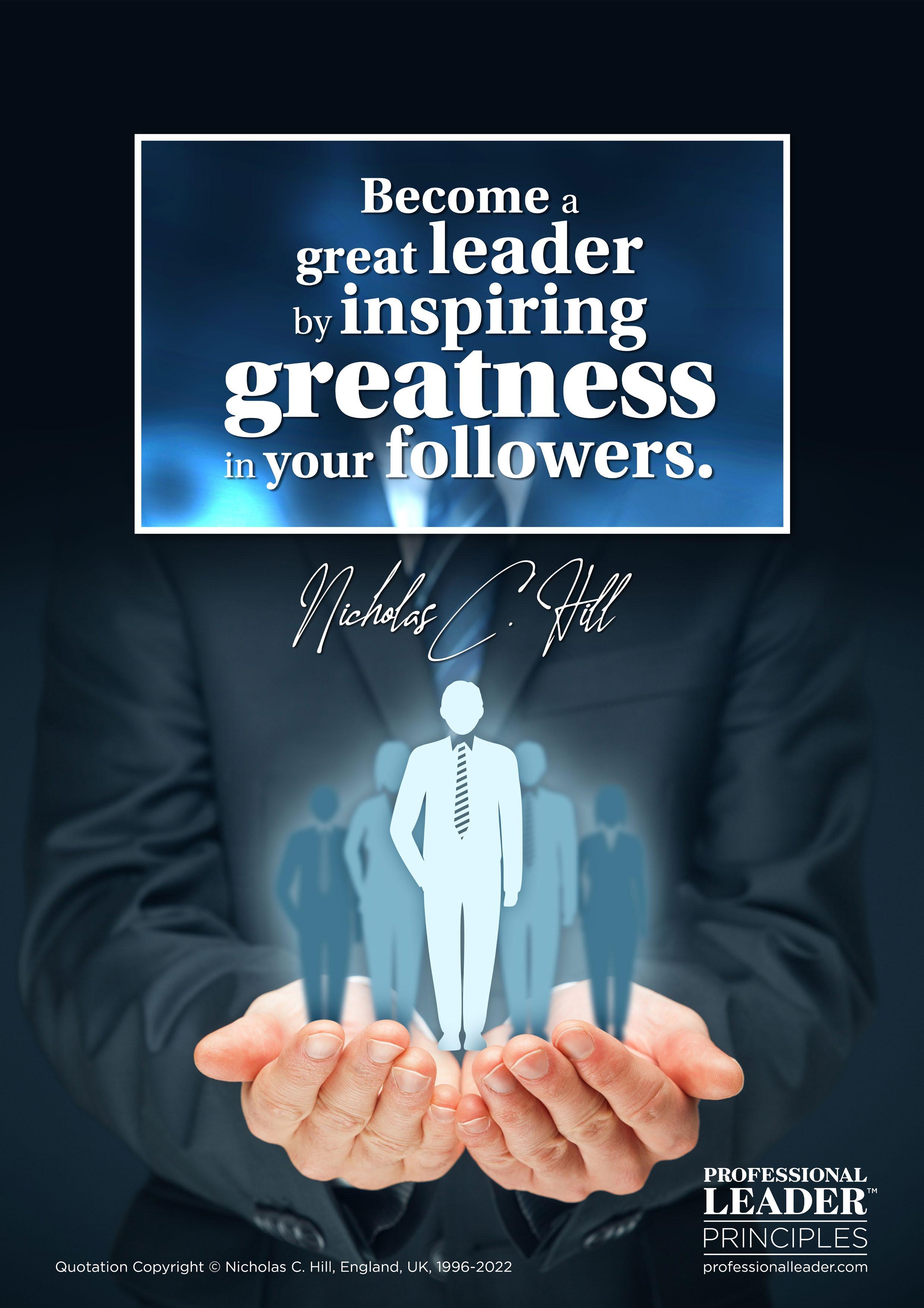









rest assured that all course subjects are relevant to your organisational and delegate needs.

receive ten hours of pre-course tailoring from our principal master coach trainer (with 25 years of training experience).

research your organisational history, culture, vision, and mission.

align our course material with your organisation, sector and industry.

When the heat is on and the stakes are high, your emotions can get the better of you, which can hamper your performance and productivity. Unwanted emotions left unmanaged can lead to stress or a nervous breakdown.
Psychologist Daniel Goleman introduced the concept of Emotional Intelligence (EI) in a 1995 edition of Time Magazine. I have often

referred to the model as Emotional Quotient (EQ), which provides a more apt label that reflects its purpose. According to Goleman, EQ promotes self-management and leadership competency. Peter Salovey and John D. Mayer, renowned researchers on the subject in 1990, believed EQ to be a derivative of social intelligence, which enables you to identify and measure your emotions and those of others. Furthermore, the ability to utilise your emotions resourcefully to influence your cognition and behaviour determines the
level of your EQ.
I have outlined four fundamental facets of EQ for you below. The speed at which you can master any of the following areas determines your EQ level.
You may not be aware of what causes some of your emotional states. This lack of emotional awareness makes you powerless in the face of your unconscious triggers. Therefore, identify your emotional catalysts. Become
conscious of all external factors that trigger your emotional states. By revealing the cause of your emotional states, you have better control over the effect.

Consider your emotions a colourful spectrum made up of a multitude. Train yourself to become conscious of your emotional experiences and label them. In doing so, you provide more accurate descriptions of how you feel. For instance, you might have labelled a feeling as ‘sadness’.
I HAVE OFTEN REFERRED TO THE MODEL AS EMOTIONAL QUOTIENT (EQ), WHICH PROVIDES A MORE APT LABEL THAT REFLECTS ITS PURPOSE.
BY REVEALING THE CAUSE OF YOUR EMOTIONAL STATES, YOU HAVE BETTER CONTROL OVER THE EFFECT.
However, upon reflection, a more accurate label might be ‘disappointment.’ Consequently, your cognitive and behavioural response to the labelling will be different and more appropriate.
Your emotions serve a purpose. Therefore, each one has a message for you. Your cerebral hemispheres generate emotions to initiate action, protecting you from pain or leading you to pleasure. This proposed action changes your thinking or behaviour, which
necessitates growth. Such growth can be in the form of wisdom or maturity.
Learn how to manage your emotions. How you handle feelings and their catalysts determines your emotional
responsibly if you want to lessen a particular emotion. Avoid nurturing unwanted emotions. This principle applies to both yourself and others.
EQ is irrelevant in robotics

resourcefulness. Act on that feeling quickly and
because machines are not self-aware - at least not
yet. However, your team members are not robots. They go through personal and professional crises, just like you. Listen to their concerns and empathise with their emotions. Moreover, if you allow them to suffer alone, it will lead to significant underperformance over time. Demonstrating appropriate emotive leadership leads to better teamwork and productivity.
Talking about how you feel used to be corporate taboo, but many organisations now allow it since it builds morale and reduces sick days. As a leader, you can measure your EQ by how you manage your emotional state in times of conflict or crisis. In such adversity, you can more accurately assess your level of emotional intelligence.

Develop your emotional intelligence today with Hill Training Ltd.
Contact us now: sales@hilltraining.com +44 (0)345 678 9900 leaderresilience.com nicholashill.com
Book your FREE 30 minutes diagnostic consultation with Nicholas C. Hill today. Quote ‘Professional Leader’ to redeem your booking.
Visit our YouTube channel to sample some of our live masterclasses. Go to youtube.com/nhill
YOUR TEAM MEMBERS ARE NOT ROBOTS. THEY GO THROUGH PERSONAL AND PROFESSIONAL CRISES, JUST LIKE YOU.
CAN










Choose from 150+ modules on leadership & management.

Solve your management problems within minutes.
Engage in strategic and lateral thinking.
Begin to turnaround your performance or productivity.

Turn your theory and knowledge into new skills.
Enjoy a 100% tailored and dedicated session.

Receive undivided personal attention.
Be assured of confidentiality.
No obligation to book further coaching or courses.






Anna Eleanor Roosevelt was born in New York on October 11, 1884. She died on November 7, 1962. As wife to President Franklin D. Roosevelt, Eleanor was the first lady
from 1933 until 1945. During that time, she worked as a United Nations activist for human rights, which led her to become one of the world’s most widely admired and influential women. From 1948 to 1961, Gallup awarded her the title of ‘the most admired woman’ and in 1999 listed her ninth in the top ten ‘Most

The World’s The Most Admired Woman
Widely Admired People of the 20th Century’. The New York Times called her ‘the object of almost universal respect’.
Eleanor Roosevelt came from a wealthy family that was part of the New York high society

called the Swells. However, growing up was difficult since her parents died before she was age ten. Alcoholism took her father at the age of just 34. Diptheria claimed her mother and one of her brothers. She became very close to her surviving brother, who eventually walked the same path of alcoholism as their
father. These tragic events left them both needing to be raised by their grandmother. Her painful childhood led her to depression, which she battled her entire life. Nevertheless, despite childhood tragedy, she started an unprecedented movement in her adult life. Below are the leadership lessons I believe we can learn from Eleanor Roosevelt.
In 1902 Eleanor met Franklin Delano Roosevelt, the fifth cousin to her father. They
THE NEW YORK TIMES CALLED HER ‘THE OBJECT OF ALMOST UNIVERSAL RESPECT’.
DESPITE CHILDHOOD TRAGEDY, SHE STARTED AN UNPRECEDENTED MOVEMENT IN HER ADULT LIFE.
were married three years later. In 1918, she discovered that her husband was having an affair with his secretary and had planned to divorce. Upon learning that his mother would disinherit him if he went ahead with the plan, he agreed to remain married to Eleanor. Still, their relationship changed to a political partnership at the expense of intimacy. An American politician and lawyer, Franklin became the 32nd president of the United States in 1933 and served until he died in 1945, to whom Eleanor became First Lady by marriage. During this time, Eleanor embraced her position and used it to realise her vision.
ELEANOR
EMBRACED HER POSITION AND USED IT TO REALISE HER VISION.

refused to turn a blind eye. She professed that all people from all cultures were of equal value and deserved the same respectful treatment and consideration.
During her tenure as a teacher for Todhunter School, Eleanor Roosevelt taught a class she named ‘Happenings’. She led school trips whereby her privileged
students could experience how the other half lived. She read newspaper articles in class, which shared stories unlike their experiences. She led question-and-answer sessions in these lessons and facilitated constructive discussions. In her Reflective Tutorials, she took her students to the Tenement Museum, a Hindu festival, the El Centro del Immigrante, a mosque, participated in an Eid dinner, and discussed ideas with political officials. She immersed
Continued on page 36

SHE PROFESSED THAT ALL PEOPLE FROM ALL CULTURES WERE OF EQUAL VALUE AND DESERVED THE SAME RESPECTFUL TREATMENT
SHE BELIEVED NO ONE WAS BEYOND HER CONCERN AND REFUSED TO TURN A BLIND EYE.Eleanor Roosevelt High School ROTC class marches in Berwyn Heights parade












Continued from page 29
the children in lessons that developed cultural awareness and challenged narrow-mindedness. Such discussions are hot topics today and fall into diversity, impartiality, and equality.
Eleanor Roosevelt practised and encouraged openmindedness through conversations that spanned generations, politics, religions, and geography. While some leaders are
known for their charisma and communication skills, Eleanor developed a reputation as a listener. During her lifetime and as her popularity grew, she received thousands of letters from adoring fans who shared thoughts and ideas, which she discussed with her husband in the hope that they would influence his political decisions. In one year alone, she received over 105,000 letters. As a United Nations delegate, Eleanor heard stories and accounts from other world leaders about their battles and triumphs. Her involvement in the

The memorial statue of First Lady Eleanor Roosevelt located within the FDR Memorial Park in Washington DC.
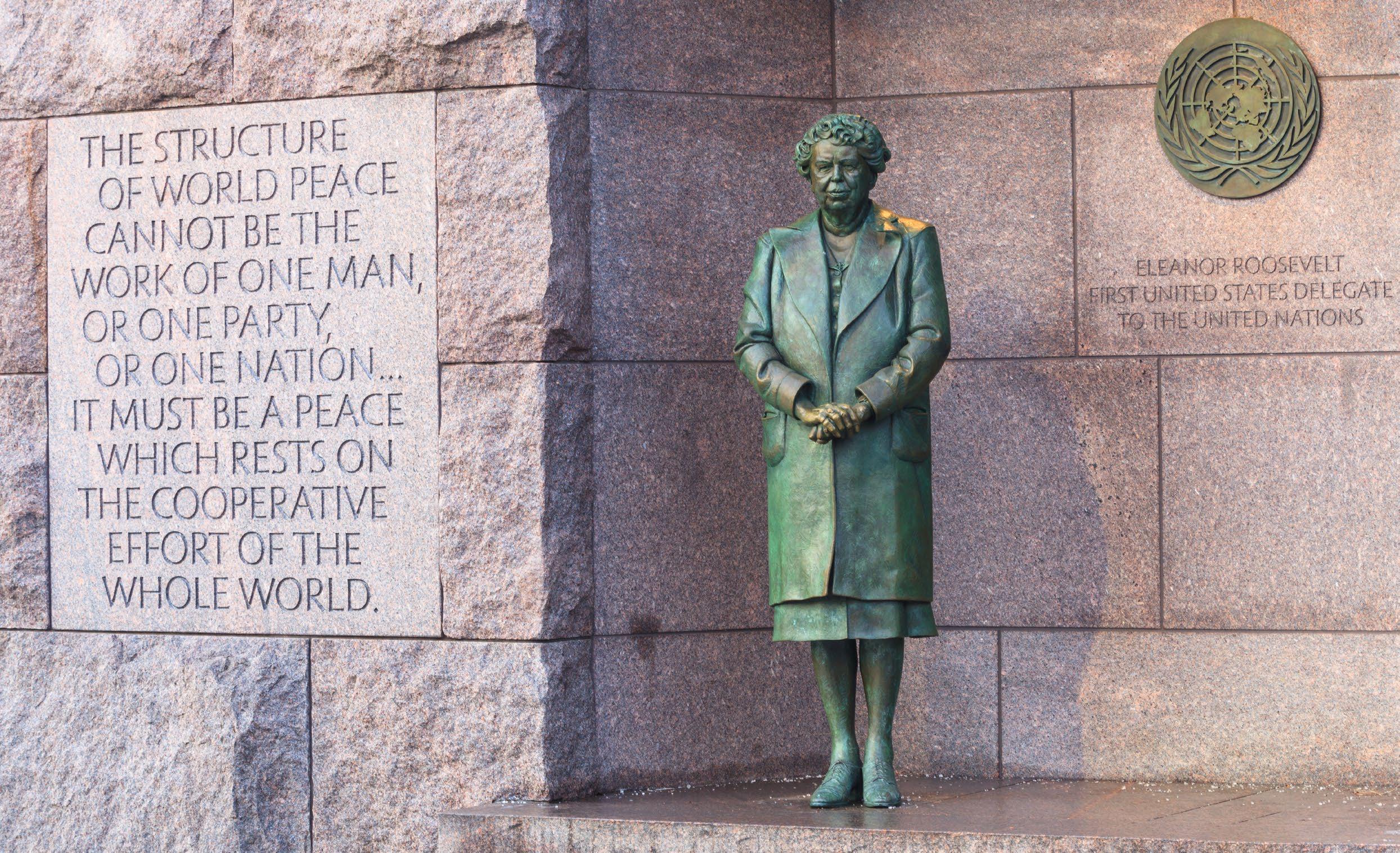
Human Rights Declaration demonstrated her desire for the cause globally rather than just in the United States.
US women, of which she was a part, to turn away from materialism and undertake charitable work
Eleanor Roosevelt published her human rights philosophy in 1933 with the book, It’s Up to The Women. She called upon all privileged
to contribute to society. She sympathised with the working woman who strived to keep her home following divorce or bereavement and asked men to support their cause. Biographer Susan Ware quotes Eleanor, “Women are different from men. They are equals in
SHE SYMPATHISED WITH THE WORKING WOMAN WHO STRIVED TO KEEP HER HOME FOLLOWING DIVORCE OR BEREAVEMENT AND ASKED MEN TO SUPPORT THEIR CAUSE.
HER INVOLVEMENT IN THE HUMAN RIGHTS DECLARATION DEMONSTRATED HER DESIRE FOR THE CAUSE GLOBALLY.
many ways, but they cannot refuse to acknowledge the differences.”1 In an interview with Good Housekeeping, she said, “Women must become more conscious of themselves as women and of their ability to function as a group.” 2 Her ideas were controversial at the time, which upset the opposition. By continuing on her path she demonstrated
Harry Truman appointed Eleanor Roosevelt as the first American Delegate to the United Nations, where she represented the United States from 1945 until 1952. Her
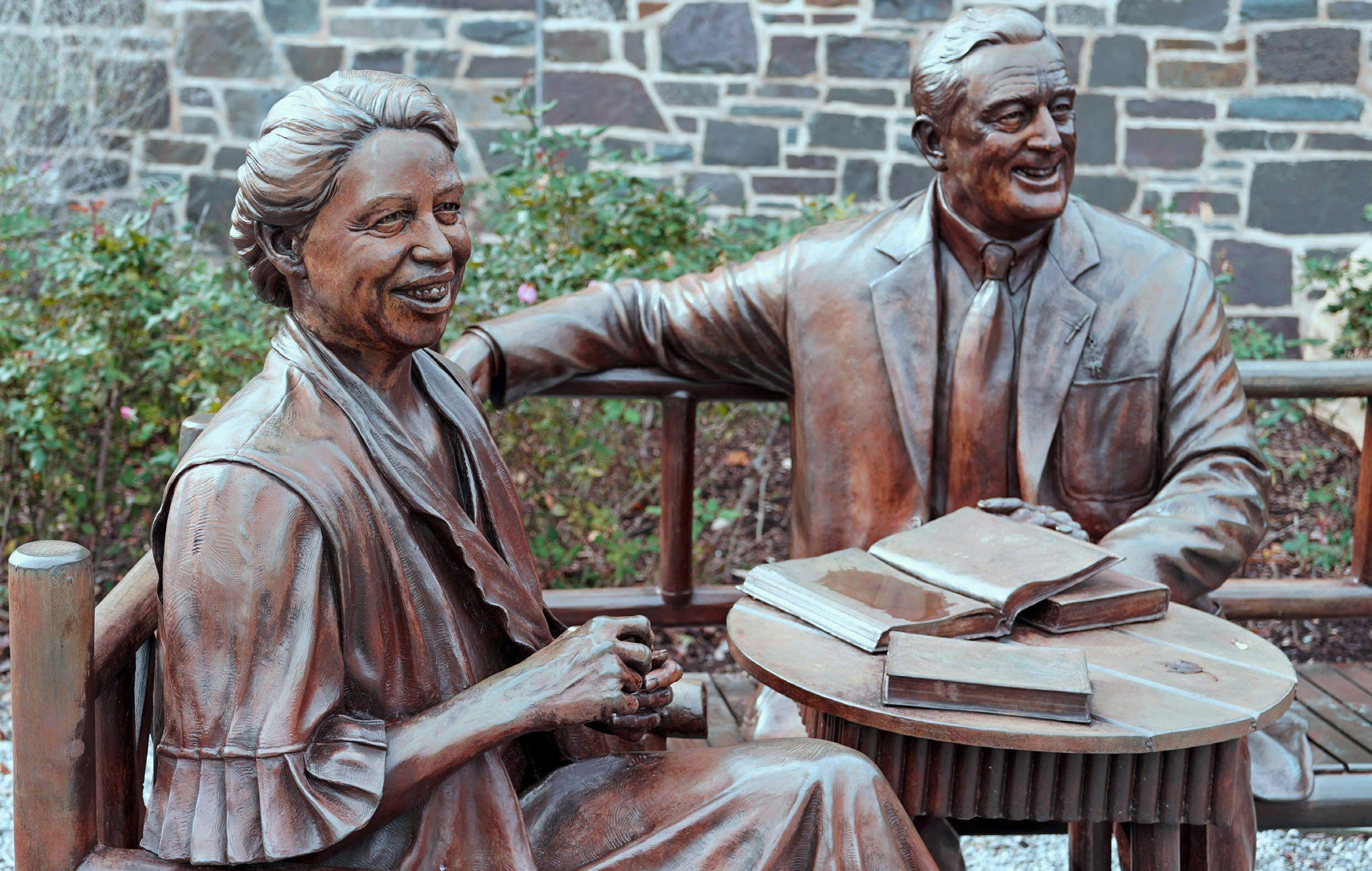
1 Susan Ware, Beyond Suffrage: Women in the New Deal (Cambridge, Mass., and London: Harvard University Press, 1981), 14.
2 Ibid, 16
mission was to spearhead the message that the UN would set aside no person and no
HER IDEAS WERE CONTROVERSIAL AT THE TIME, WHICH UPSET THE OPPOSITION.Sculpture of Eleanor and Franklin Roosevelt in the National Historic Site, Hyde Park, New York
country. One of her significant achievements was forming and composing the Universal Declaration of Human Rights. The document promised the political influence of powerful nations to ensure the fair treatment of all human beings and that everyone deserved economic security and personal safety. Regardless
of origin, politics, race, creed, or sex, all people were of equal value. Acceptance of this principle would provide a worldwide foundation for peace. As a woman, she often vocalised her agreement with article 16 of the Declaration, which stated that both men and women have equal rights in marriage and divorce.
Rather than take the role of domestic aide and hostess, Eleanor Roosevelt rebelled by becoming a political activist referred to as the eyes and ears of her husband, whom she influenced with her ideas. She was present at board meetings and often spoke up, offering her left-wing opinions. Many resented her presence in these meetings believing her inclusion was inappropriate. Often labelled as a socialist for her stances on women’s rights, civil rights, and human rights, some campaigned for her removal from power, seeing her as a traitor to her class. The FBI held files on Eleanor, which became the largest in American history, resulting in Director J. Edgar Hoover
Continued on page 46

REGARDLESS OF ORIGIN, POLITICS, RACE, CREED, OR SEX, ALL PEOPLE WERE OF EQUAL VALUE.
ONE OF HER SIGNIFICANT ACHIEVEMENTS WAS FORMING AND COMPOSING THE UNIVERSAL DECLARATION OF HUMAN RIGHTS.










learn the subjects and only develop the skills you want and need.

receive forty hours of pre-course tailoring from our principal master coach trainer (with 25 years of training experience).

research and develop new course material according to your requirements.
research your organisational history, culture, vision, and mission.
align our course material with your organisation, sector and industry.
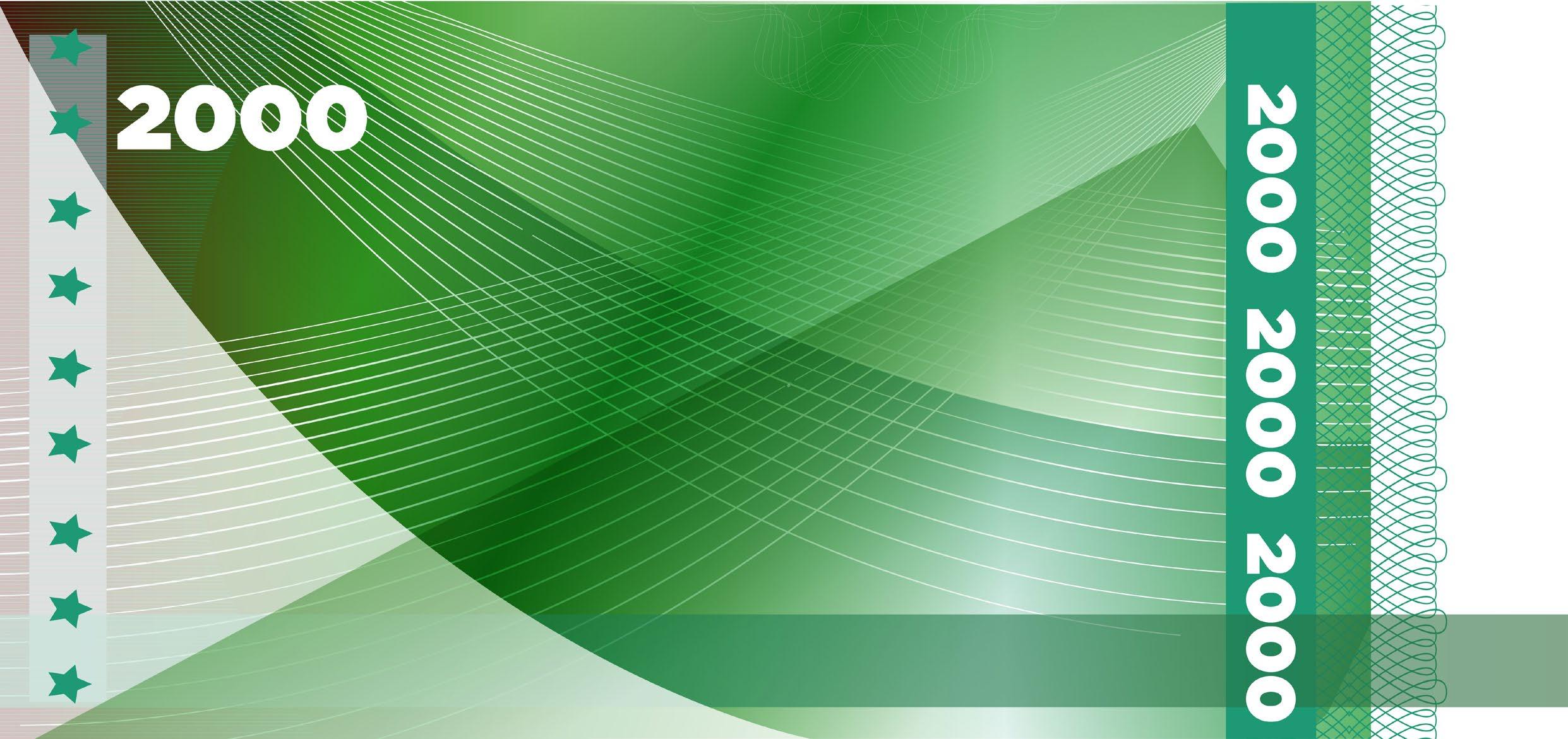
author and design NEW course workbooks in your organisation’s name.



Continued from page 39
becoming increasingly suspicious of her actions and intentions.
Eleanor Roosevelt developed immunity to criticism, protecting her from the sexist oppression of her time. This shield could have been in the form of a thick skin, which has its downsides causing some to infer that she was cold. Rather than the warm nature that often accompanies empathy, critics regarded her demeanour as sometimes so cold she could freeze the heart. Sometimes the words we need to hear can hurt because we misinterpret the underlying intention. Nonetheless, the people listened to her message, which helped even out the hierarchy between men and women.

ELEANOR ROOSEVELT DEVELOPED IMMUNITY TO CRITICISM, PROTECTING HER FROM THE SEXIST OPPRESSION OF HER TIME.Eleanor Roosevelt speaking at the United Nations
Just as a fire starts with a spark, a movement begins with a new voice. Former First Ladies Rosalynn Carter, Hillary Clinton, and Michelle Obama have all followed in the footsteps of Eleanor Roosevelt. However, the one leading the movement must prepare for opposition. Breaking the mould is
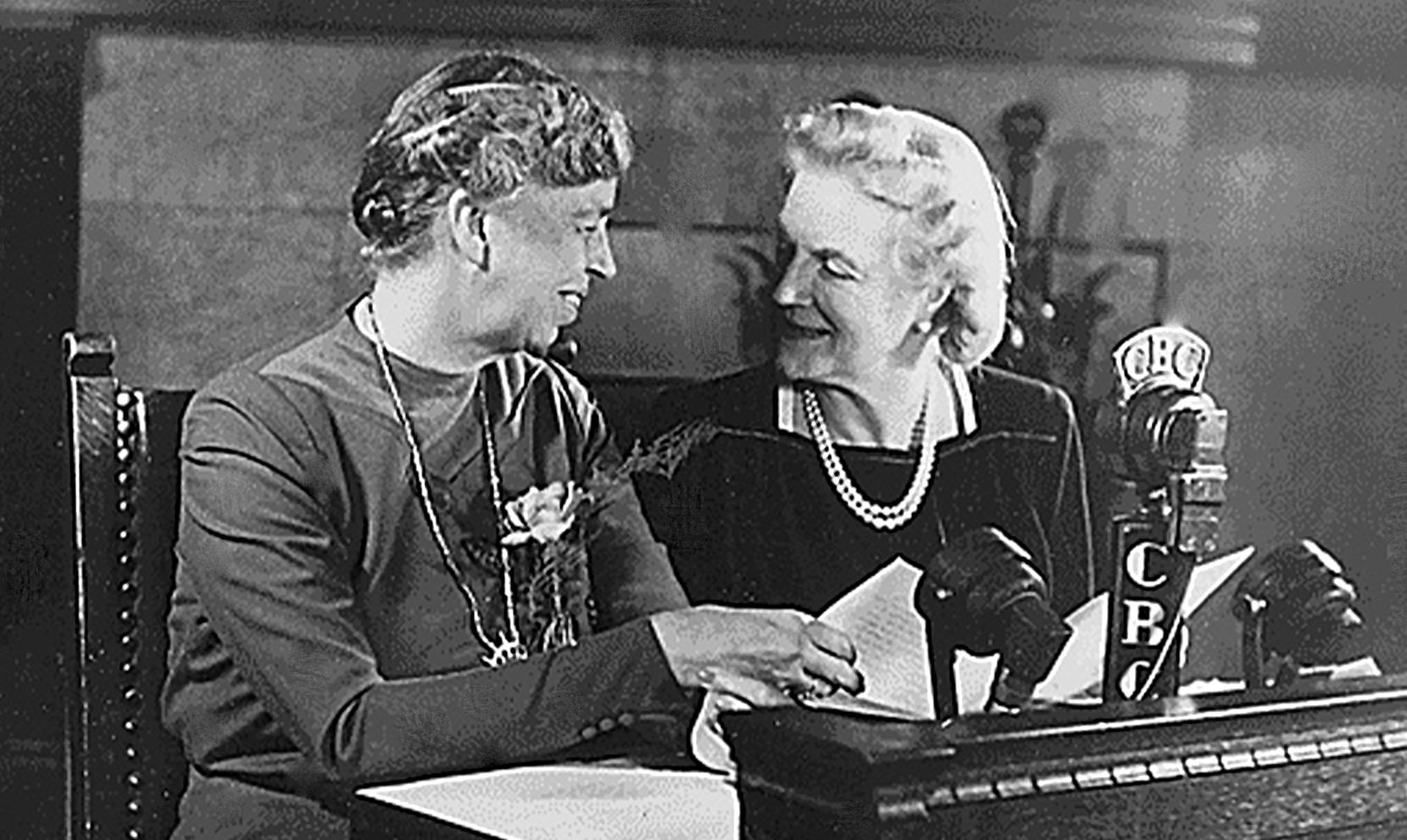
problematic because a preexisting framework provides a way of life for those living within the boundaries and conforming to prescribed rules. These paradigms offer people security because it means tomorrow will be much the same as today. It takes courage and strength of character to challenge the mould, let alone break it. However, if it is antiquated or unfair, then all that is required
is for one person to speak up and say so.
Eleanor Roosevelt knew
SOMETIMES THE WORDS WE NEED TO HEAR CAN HURT BECAUSE WE MISINTERPRET THE UNDERLYING INTENTION.
IT TAKES COURAGE AND STRENGTH OF CHARACTER TO CHALLENGE THE MOULD, LET ALONE BREAK IT.Eleanor Roosevelt and Clementine Churchill during a radio broadcast. Quebec. Sept. 1944. WWII
that with power comes responsibility. Although she abandoned many political affiliations, she was an influential figurehead with an authoritative network with whom she could realise her ambitions. Other first ladies had not challenged public expectations but assumed the role with quiet submission and service. Instead, Eleanor recognised that through her privileged position, she could make a difference in the world
and contribute towards the greater good.
Eleanor Roosevelt was a proclaimer of human rights, an influence on modern-day first ladies, and a servant to the rest of the world. While we could learn much more from her, we can summarise her lessons in leadership with the following principles.

ELEANOR RECOGNISED THAT THROUGH HER PRIVILEGED POSITION, SHE COULD MAKE A DIFFERENCE IN THE WORLD.
A PREEXISTING FRAMEWORK PROVIDES A WAY OF LIFE FOR THOSE LIVING WITHIN THE BOUNDARIES AND CONFORMING TO PRESCRIBED RULES.
ELEANOR ROOSEVELT WAS A PROCLAIMER OF HUMAN RIGHTS, AN INFLUENCE ON MODERN-DAY FIRST LADIES, AND A SERVANT TO THE REST OF THE WORLD.

Lesson 1: Never Let Hardship Steal Your Vision
Lesson 2. Develop Maturity Through Pain
Lesson 3. Lead People With Cultural Awareness Lesson 4. Develop knowledge Through Listening
Lesson 5. Be Bold and Courageous with New Ideas
Lesson 6. Promote Equality and Impartiality
Lesson 7. Stand For What is Right Lesson 8. Rise Above the Criticism
Lesson 9. Break the Mould Lesson 10. Be Responsible with Power

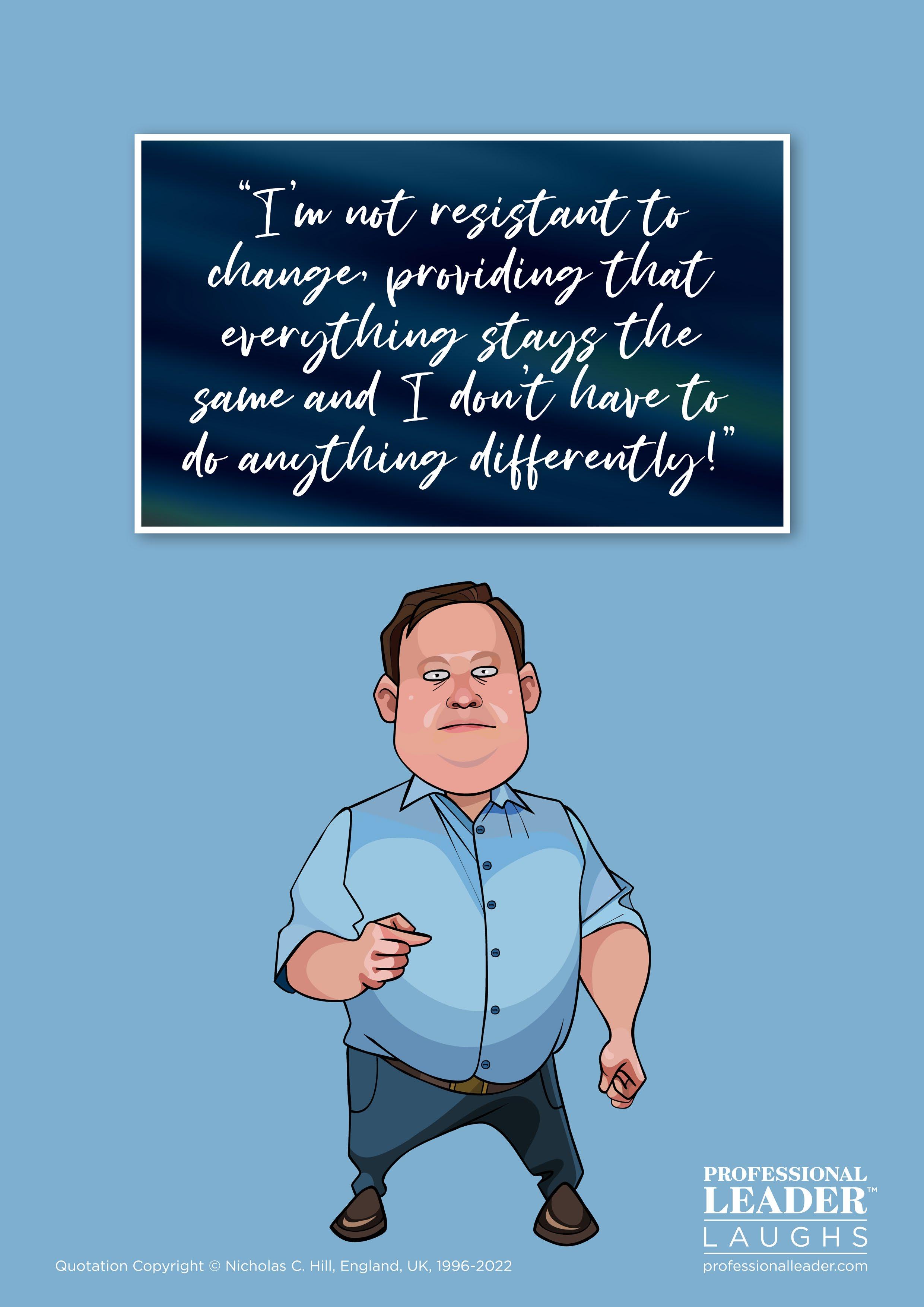








Break the ice and warm up your audience at your next business conference.

Set a positive ‘key note’ for your event.
Increase corporate morale and unity.

Inspire fresh thinking about workplace problems.
Share new perspectives on organisational change.

Fan the flames on your upcoming leaders.
Get your people to embrace your vision and mission.
Hear the latest ideas on competitive advantage.
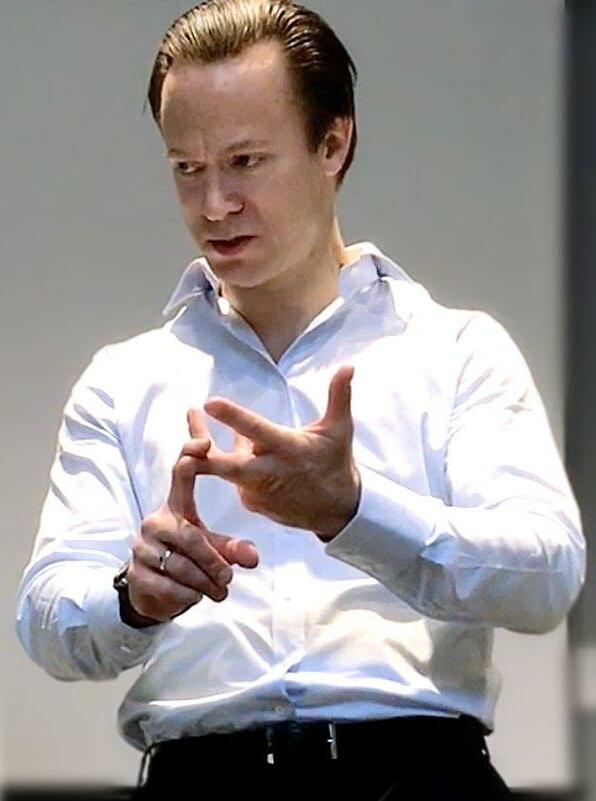
Promote the heart of your corporate culture.
Explore strategies to get through turbulent times.
Today’s business landscape reveals ever-changing trends. No one can expect the global marketplace to be the same from one moment to the next. Withstanding constant change requires evolution. Keys to organisational success in our chaotic business world include adapting, mitigating losses, and staying competitive.
According to Kurt Lewin, organisational change is like a block of ice which changes

form. To do this, it has to break down, reshape itself, and reintegrate. Published in the 1940s, Lewin’s UnfreezeChange-Refreeze change management model provides you with a framework to withstand change and remain operational.
An essential factor of change management is the support of internal stakeholders. They must buy into the vision and reason for the change. Communicate your goals and plans to your team to get full cooperation from the outset
and as you implement the change. The process can be arduous, so your organisation will need all the help it can get.
Open multi-level communication will heavily contribute to the success of your change management process. Furthermore, incentives for your team members, particularly those who contribute to the transition, will motivate them further.
Unfreezing refers to selecting
critical areas you want to develop and making them dynamic. Examine all concerned elements. Examples include policies, protocols, software, and hardware. Then begin sorting the wheat from the chaff. You must identify which ones are no longer applicable and what you need to upgrade or

replace. The longer you leave this task, the more chaff you will discover.
Once you have identified which elements need to change, you can begin transitioning from old to
new. In doing so, prepare for difficulty. In this step, expect your team to fuss and fight you over the change in process and procedure. Test the new elements you have put in place. Experiment with the new pieces of the puzzle. Some may fit, while others may not. Before committing long-term, you must ensure the change will work as intended.
Once satisfied that your organisation’s newly introduced elements will produce the desired effect, you can re-freeze the water. This metaphor communicates the finality of your work and an expressed decision to maintain the new operations.

Your team will acknowledge this message as the new way forward for the organisation and see the change as conclusive.
Adapting Constantly Leadership is a common theme in all three stages. Remember that your team members make up the backbone of your organisation, so be sure to take care of them throughout the whole process.
To survive long-term in your management role, you need to adapt to our constantly changing times. Invest in change management training to help prepare your team members for the process. This way, they can each familiarise themselves with the new methods you introduce and embrace the new paradigms.

Develop your change management skills today with Hill Training Ltd. Contact us now: sales@hilltraining.com +44 (0)345 678 9900 leaderadaptation.com nicholashill.com
Book your FREE 30 minutes diagnostic consultation with Nicholas C. Hill today. Quote ‘Professional Leader’ to redeem your booking.
Visit our YouTube channel to sample some of our live masterclasses. Go to youtube.com/nhill
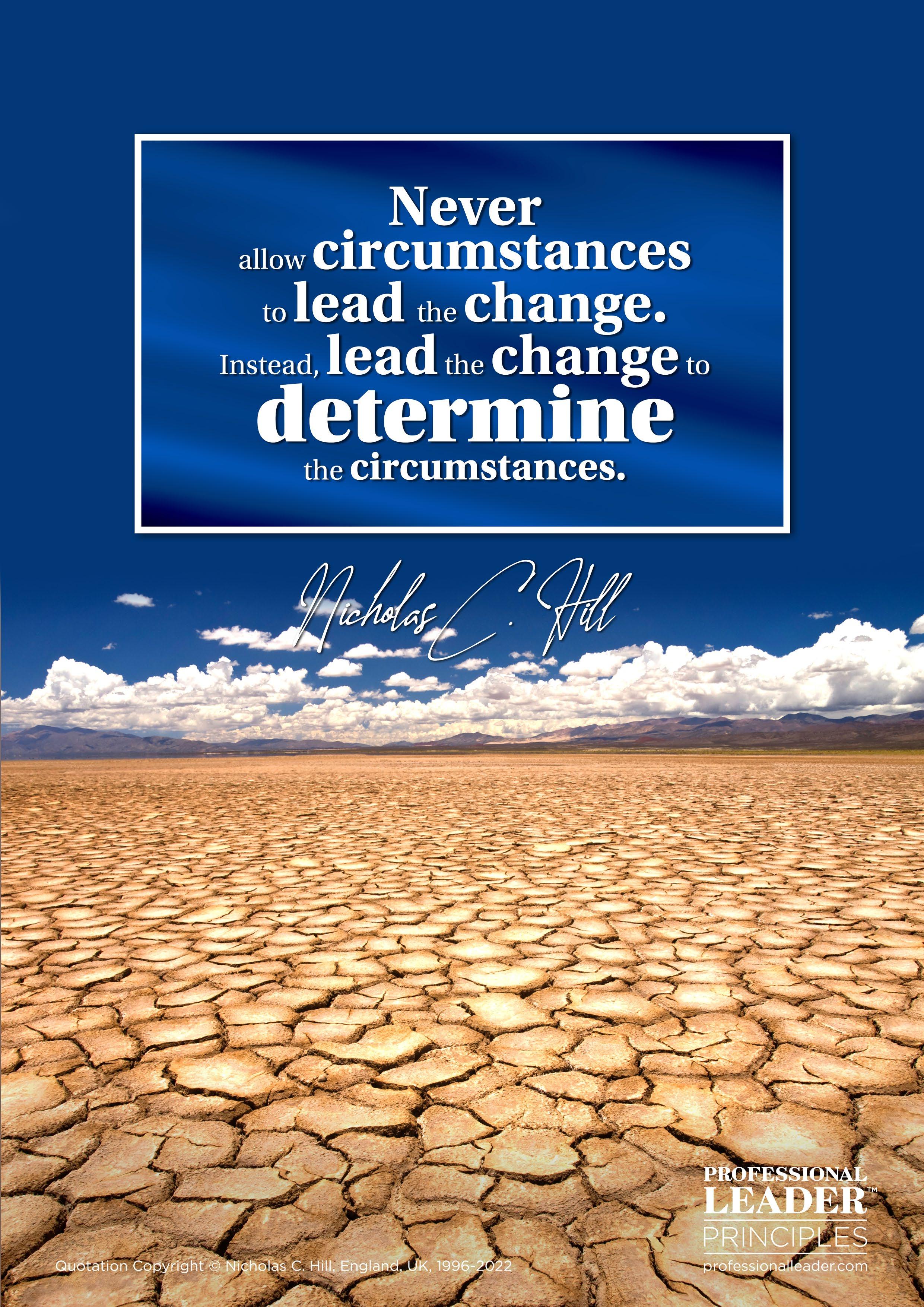

















In his lifetime, Stephen Covey propounded some of the most potent principles for personal effectiveness. Having travelled across the globe, Covey sent a simple message of being principlecentric to achieve success and provide meaning to life and work. Also, as an eloquent and articulate speaker, he became an admired teacher who often taught his students to allow their conscience to guide them. Covey worked
hard to bring about positive change by referring to his own challenges using stories about home and work life. He communicated what was necessary to develop a successful mindset. Covey tried to break the shackles of political, religious, and social differences and encouraged us to embrace these differences and view the world differently. His ideas have survived the test of time.
Stephen Covey graduated from Salt Lake City with a Bachelor of Science degree in Business Administration from the University of Utah. He later went on to do a Masters of Business Administration from Harvard University and received a doctorate from Brigham Young University. In his lifetime, he received multiple doctorate degrees for his contribution towards management research. Covey proposed principle-centred living and espoused principle-
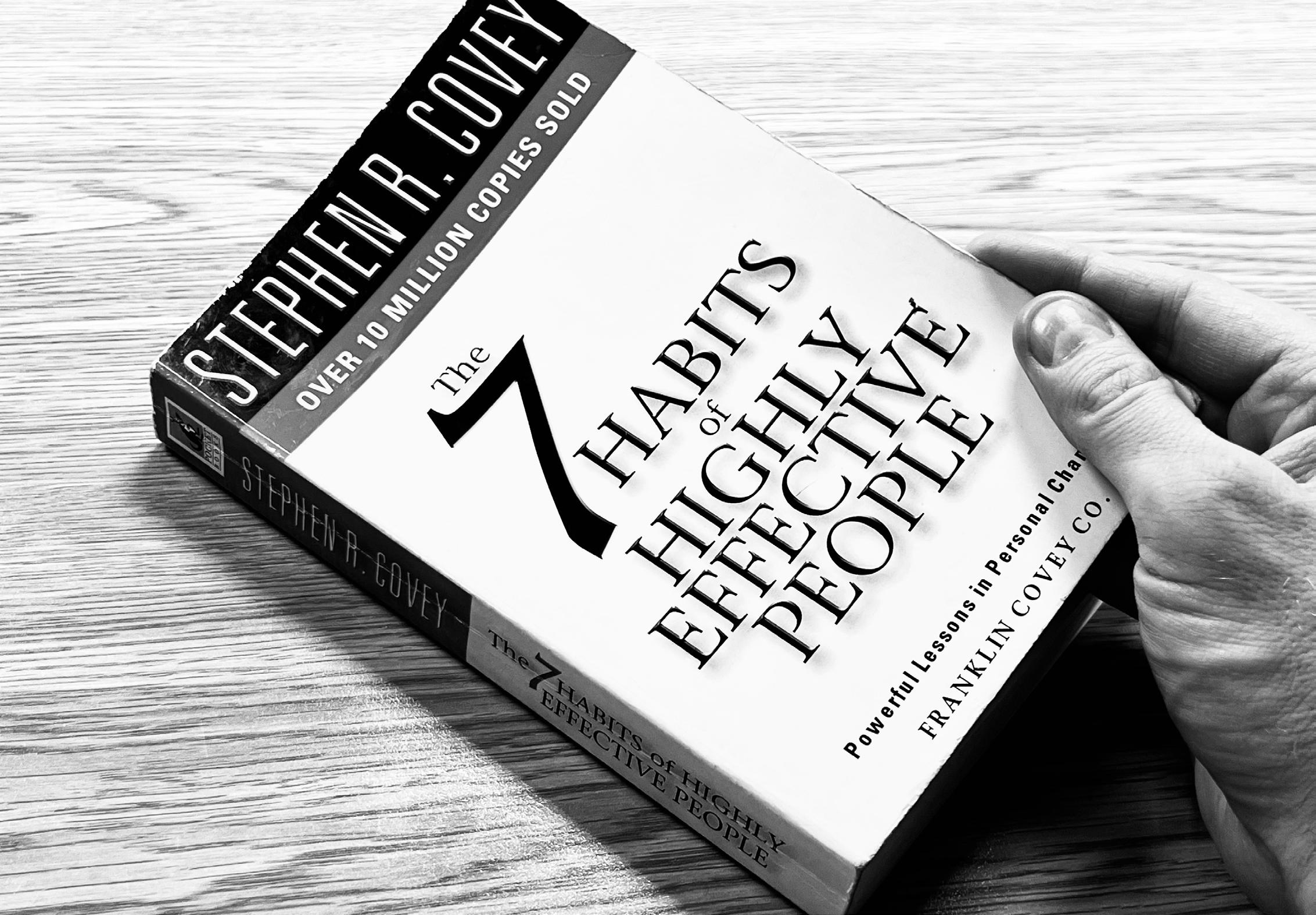
Stephen Covey was an accomplished author who successfully published several books. The book he is most renowned for, The Seven Habits of Highly Effective
centred leadership in life and work. In February 2010, he joined Utah State University Jon M. Huntsman School of Business as a full-time professor and Presidential Chair in Leadership.
People, is one of Stephen Covey’s seminal works, which swept the markets by selling over 25 million copies in around 40 different languages. His book gained admiration worldwide for its authoritative
yet universal and time-tested teachings, which offered splendid ideas for achieving excellence.
According to Gary Herbert, referring to The Seven Habits of Highly Effective
People, Covey portrayed a combination of intellect and an ocean of empathy that made him a unique visionary. Adrian Zackheim added that Stephen Covey’s influence was pervasive and applied to everyone. This statement from his rival publisher demonstrates the credibility of Covey’s work. During early release, reading his book became mandatory for many professionals. The famous booksellers Barnes & Noble Inc. named Stephen Covey as a major influence in business and self-help fields. This description was due to Covey’s systemic approach to life and work.

COMBINATION OF INTELLECT AND AN OCEAN OF EMPATHY THAT MADE HIM A UNIQUE VISIONARY.
In his book, Covey states that your character develops based on your habits. These habits play a significant role in your life. Habits demonstrate your knowledge level, skill set, and your desires. Knowledge tells you what you need to do. Skill teaches you how to do it.
Desire motivates you to take action. Covey dispersed his seven habits across the below stages of development:
Developmental stage 1: Dependence
Dependence is the stage that relies on others for resources, including knowledge, wisdom, and guidance.
Developmental stage 2: Independence
Independence is the stage of development when we make autonomous decisions without support or intervention.
Developmental stage 3: Interdependence
Interdependence is the stage when we cooperate with others to achieve outcomes we cannot accomplish independently.
Choosing to be interdependent means you must first be independent. Independence is the
Continued on page 72

HABITS DEMONSTRATE YOUR KNOWLEDGE LEVEL, SKILL SET, AND YOUR DESIRES.
INTERDEPENDENCE IS THE STAGE WHEN WE COOPERATE WITH OTHERS TO ACHIEVE OUTCOMES WE CANNOT ACCOMPLISH INDEPENDENTLY.
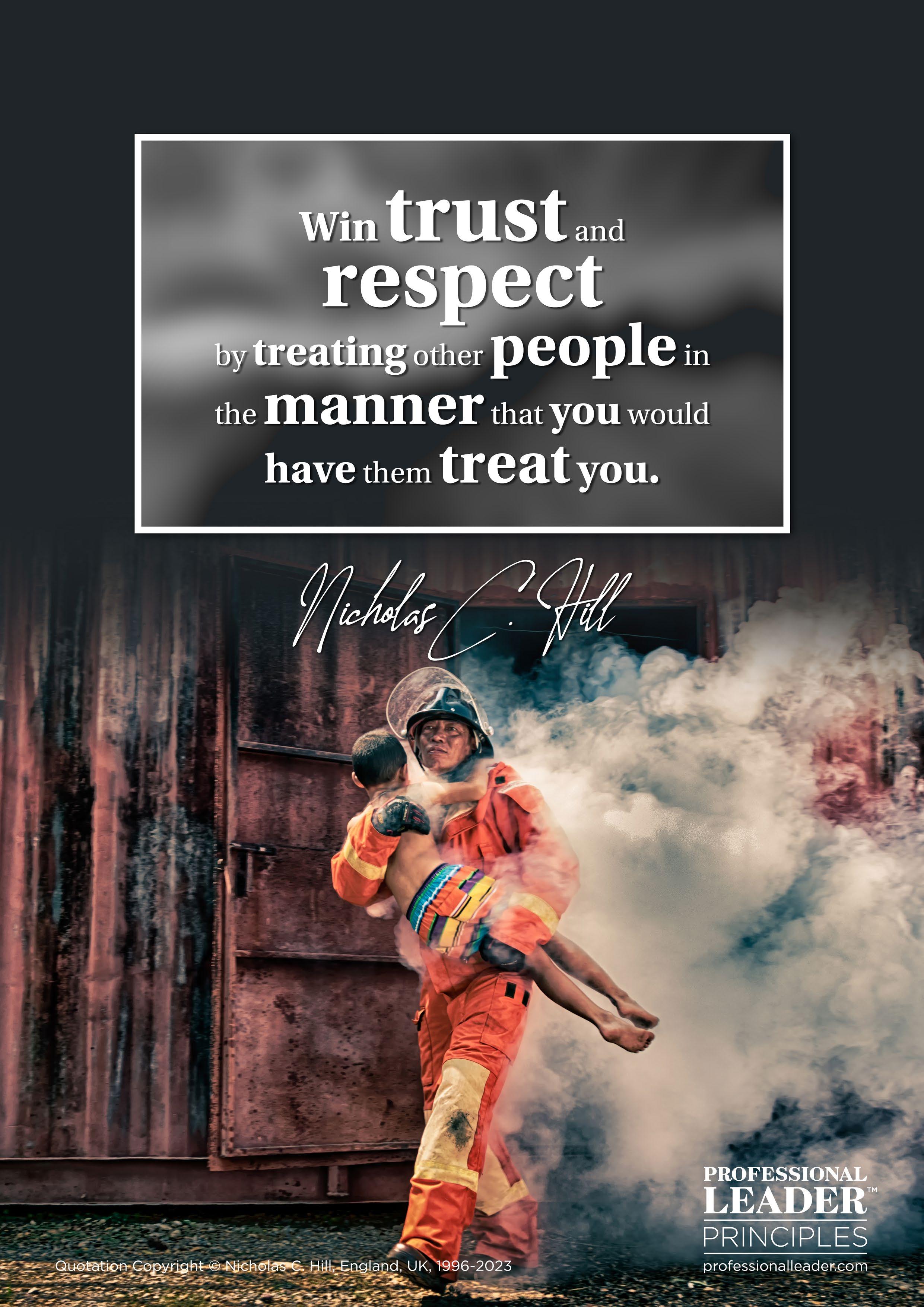




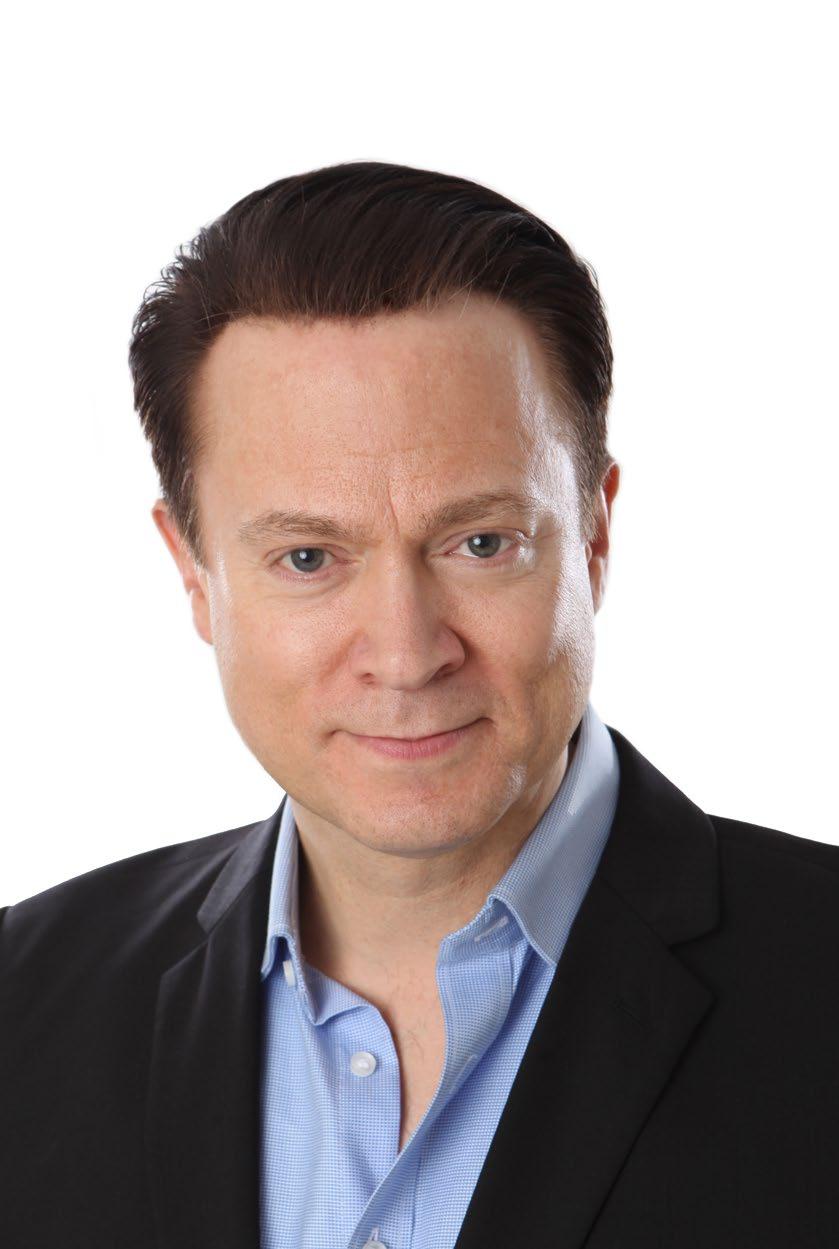








highly desirable stage that liberates you. However, in the workplace, you form part of an environment which requires people to work cooperatively. Interdependence makes you a team player.

Adopting the following seven habits will help you progress from dependence to independence and finally to interdependence.
Stephen Covey’s three habits that move you from dependence to independence are:
Habit 1: Be Proactive. Rather than be reactive, which lets life happen to you, be proactive by taking charge of your circumstances. Make decisions which better your present situation and learn to be solution-oriented.
Keep your goals in mind before beginning any project. A clear vision of your destination is a mental picture of the future, which will direct your steps today.
Prioritise, plan, and execute your weekly tasks in a particular order of importance. You pay an enormous price if you indulge too often in low-priority matters. Sometimes, the least desirable activity on your task list is the one you need to do first.
The three habits that move you from independence to interdependence are:
Strive for a win-win outcome. Offer solutions that are of use to all parties. Achieving a favourable result for all stakeholders provides longterm benefits and establishes your reputation as a creative negotiator.

Listen rather than wait to speak. A speaker desires a listening ear. Acknowledging
SOMETIMES, THE LEAST DESIRABLE ACTIVITY ON
TASK LIST IS THE ONE YOU NEED TO DO FIRST.
your attentiveness, the other person will naturally want to reciprocate. It is one of the fastest ways to build rapport.
Synergise with people who work with you to achieve effective teamwork. You can improve synergy by acknowledging the contributions of team members and encouraging individual strengths.

Engage in continual professional development to ensure never-ending growth and maturity. Place skill development at the top of your management agenda, and then see your career develop exponentially.
Stephen Covey referred to his family as his greatest joy and inspiration who contributed LISTEN RATHER THAN WAIT
ENGAGE
to his success and happiness. A father of nine, a grandfather of 52, and a great-grandfather of two, his life did not fall short of a legacy that traversed along multiple generations.
Covey lived with his wife, Sandra, in Provo, Utah.
Death and Legacy
Stephen Covey died on July 16, 2012, leaving behind his

wife, children, their spouses, grandchildren, and greatgrandchildren, many of whom stood by his bedside at the time of his death. His legacy traces principle-centric leadership in the world as we know it today. Furthermore, his contributions to personal and professional development survive as universally accepted principles, which millions of people continue
to use a decade following his passing.
Become a highly effective leader today with Hill Training Ltd.
Contact us now: sales@hilltraining.com +44 (0)345 678 9900 nicholashill.com
Book your FREE 30 minutes diagnostic consultation with Nicholas C. Hill today. Quote ‘Professional Leader’ to redeem your booking.
Visit our YouTube channel to sample some of our live masterclasses. Go to youtube.com/nhill










Live your life not by hope or chance but by design.
Break old patterns and destroy limiting beliefs.
Become a decisive person who takes massive, intelligent action.
Condition yourself mentally, emotionally, and physically to create staggering results.

Find and develop your strategy of success.
Have more confidence and self-esteem.
Generate more passion and enthusiasm.

Become aware of the higher purpose for your life.
Discover what drives you and what holds you back.

Nightingale-Conant, Inc.

Since 1996
Your training really improved how we do business with our internal and external customers.

K. Chapman Family Games Manager
HASBRO PLC

I have rated your masterclass as ‘outstanding’ in all feedback categories.
P. Jones HR Business Analyst
EY - ERNST & YOUNG LLP

Your course content and the results achieved were nothing less than excellent.
T. Ross
Head of Education Services PREMIUM CREDIT LTD

My new toolset has helped to solve many of our interdepartmental problems.
M. Tresler Financial Director
BRITANNIA MOVERS INT. PLC
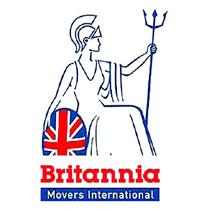
You shared up-to-date leadership tools, which moved me forward immensely.
M. Magill
Senior Information Manager
NHS BERKSHIRE EAST
Your masterclass provided me with highly effective management strategies.
J. Etten
Human Resources Manager
CHUBB INSURANCE

You have taken my leadership and management skills through the roof!
A. Tranfa
Chief Diagnostic Manager BUPA


Your training showed me how to apply an appropriate framework to team leadership.
V. Cox
Head of Lifetime Lending LEGAL & GENERAL PLC

Your course was inspiring, engaging, and challenging. You gave us key management models.
O. James Business Manager ANGLIAN WATER

My skills have improved exponentially since completing the masterclass with you.
P. Gall General Manager
P&O FERRYMASTERS LTD
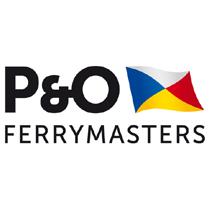
You cleverly weaved a blend of your experience, best practice, and real scenarios.
K. Milner
Portfolio Director
OXFORD UNIVERSITY PRESS

I achieved outstanding results on your course, which delivered very tangible strategies.
Dr. N. Sheridan Academic Lead for Mentor Development UNIVERSITY OF GLASGOW

SMEs • CORPORATES •
Since 1996
You are inspirational and knowledgeable. you gave me the skills to develop my managers.
N. Armstrong Regional Manager
REED SPECIALIST RECRUITMENT LTD

The provocative discussions and exercises made us practise your wise strategies.
C. Corrigan Senior Project Manager
SUEZ RECYCLING & RECOVERY LTD
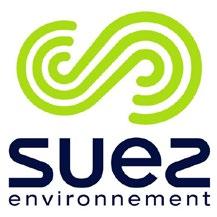
You have developed my identity as a leader and reconstructed how I lead my team.
J. Dickson Executive Head Chef
CORUS HOTELS

I am very satisfied with the excellent results that I have achieved on your course.
J. Sharpe Head of Risk
ABN AMRO

You helped me to close gaps in my management team and solve the problems.
G. Sidoo
Senior Delivery Manager
NEAL AND MASSY WOOD GROUP LTD

Your powerful material has already improved our net profit by 26%.
Dr. T. Cardoso Clinical Director
MEDIVET VETERINARY GROUP

Nicholas Hill is an effective thought leader. i’ve scored your course as ‘excellent’ in all categories.

B. Richard Vice President & GM EMEA ESTÉE LAUDER COMPANIES
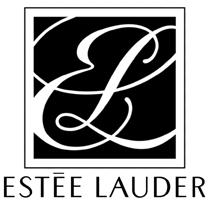
You provided me with essential tools to eliminate key problems in my workplace.
A. Al-Romaihi
Administrative Affairs Researcher MINISTRY OF FOREIGN AFFAIRS (QATAR)

I learned a wide variety of methods over two very intense days. The course was simply fantastic.
L. Gully Deputy Head of Sport UNIVERSITY OF THE WEST OF ENGLAND

You enhanced my knowledge and transformed my strategic management skills.
N. Pritchard Commercial Manager COBHAM PLC

Nicholas Hill is one of the best trainers around, who improved my ability to lead and manage.
I. Panayiotou
Senior Nursing Officer
MINISTRY OF HEALTH (CYPRUS)

Your course gave me skills and confidence to lead my team through structured processes.
A. Leonard Sales Director
MASCO UK WINDOW GROUP

Since 1996
Your course provided awareness, outstanding methodologies, and real-work examples.
M. Capell General Manager
LISI AEROSPACE

Enlightening and outstanding...helped me to innovate, plan, and solve problems in my team.
P. Smith
Managing Director
EJ GROUP INC.

We now know how to keep projects on track, hold reviews, and make corrections.
H. Doward Group Operations Director
HUGHES TV & AUDIO LTD

I now know how to spot the early signs of resistance to change and then turn people around.
W. McFadden Group Financial Controller
VOYAGE CARE LTD

I gained significant leadership knowledge, developed skills, and underwent thorough practise.
E. Mwangi
Country Programme Manager
TRADEMARK EAST AFRICA

...up-to-date leadership techniques, which equipped me to handle real team challenges.
S. Kidner Managing Director
SECRET WORLD WILDLIFE RESCUE LTD

I raised my consciousness, flexed my leadership style, and played with different techniques.
B. Meier Learning & Development Manager
HERBERT SMITH FREEHILLS LLP

I can now help my team to improve performance and become self-motivated.
B. Abankwa
Head of Client Coverage for Africa
BANK OF GHANA

You delivered first-rate sessions to our senior managers ...we have seen clear improvements since.
S. Forbes HR Manager
TE CONNECTIVITY

I am now able to approach problems objectively and think creatively about solving them.
S. Carrodus-Hill Senior Business Consultant
HAMPTONS INTERNATIONAL

You helped me to understand and deal with the behaviour of negative and hostile people.
R. Raza Sales Manager
GOODWIN INTERNATIONAL LTD

Nicholas Hill is results-focused and skillfull enough to keep training fascinating and useful.

O. Klochkova Chief Operations Officer
PLAYSON LTD

